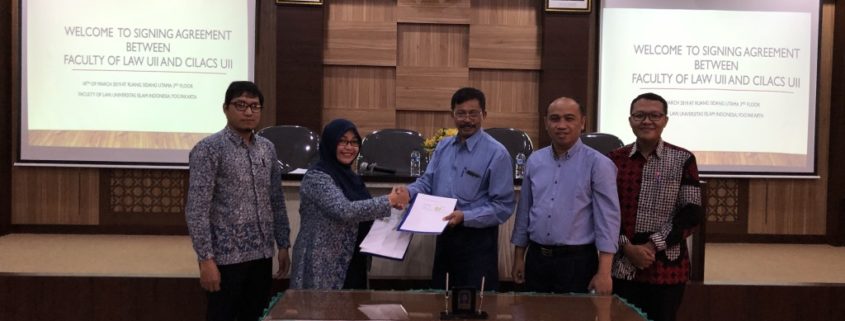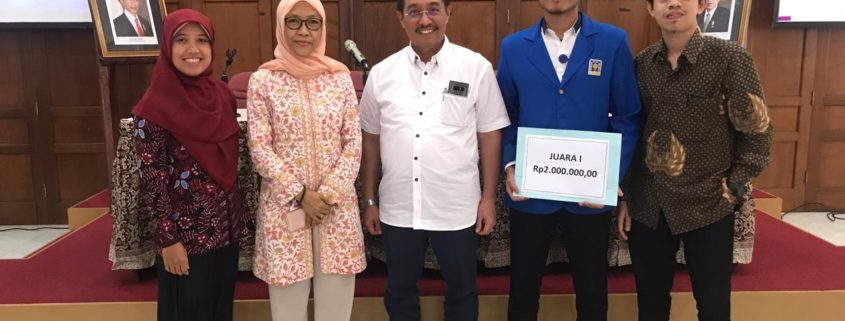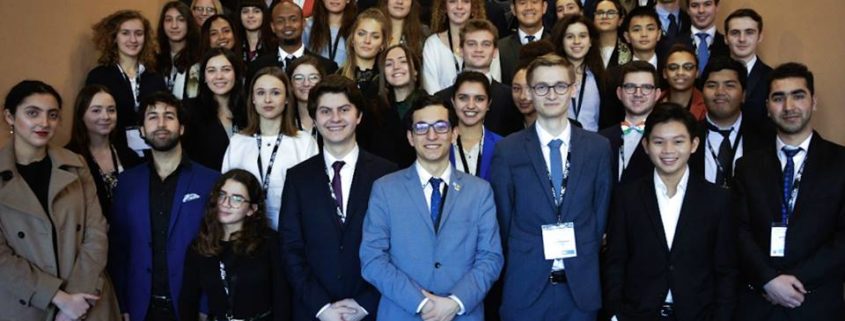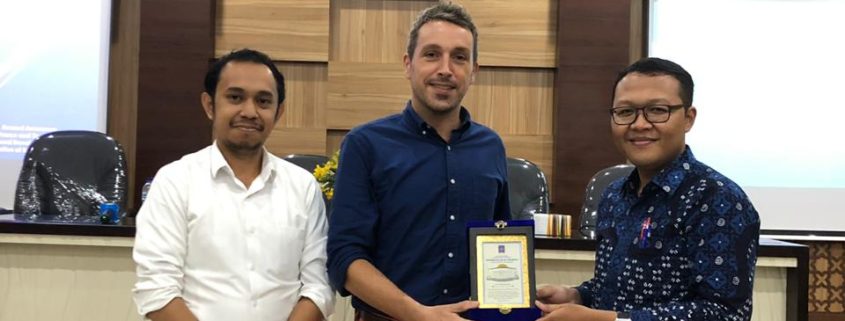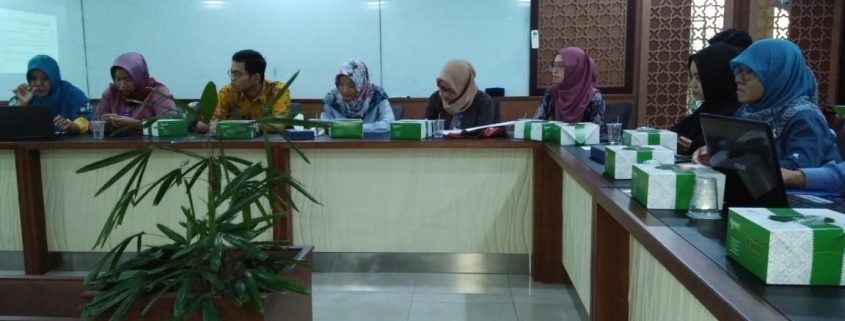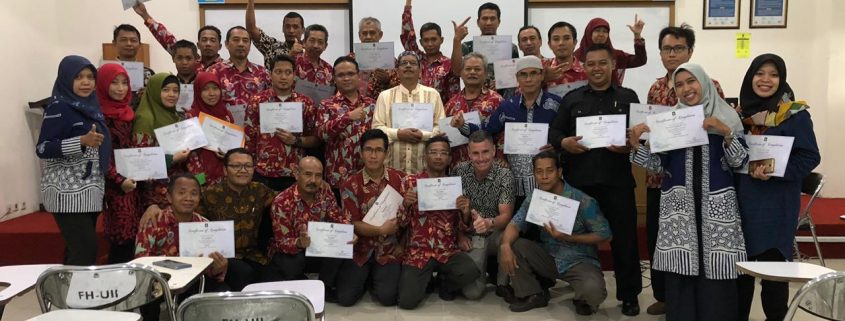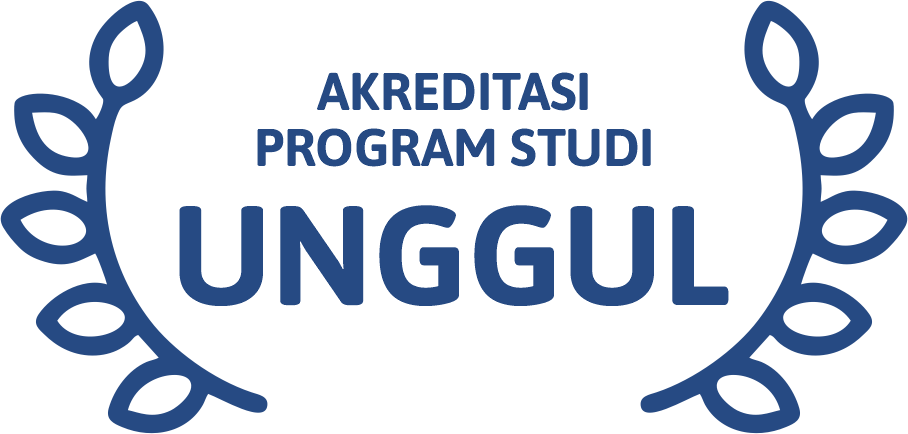UEL Summer School is one of the annual activities of the American Law Center – a research institute established by the University of Economics and Law, Vietnam National University in Ho Chi Minh city (UEL). This year, the UEL Summer School 2019 focuses on Contract Law and Dispute Resolution & Negotiations of the United States. The two courses shall be lectured by Justice Steven H. David and Professor Cynthia M. Adams — revered professors from Indiana University Robert H. McKinney School of Law. The UEL Summer School 2019 will be an outstanding academic event for both lecturers, researchers, students from Viet Nam and overseas. In joining the UEL Summer School program, Pradana received a full scholarship while participating in the activity. In getting this scholarship, Pradana has passed several tests given by the University of Economics and Law, National University of Vietnam.
 In this Summer School program, Pradana Satya attended lectures for 2 weeks, in which there were 2 material distributions namely in the first week learning about Alternative Dispute Resolution in which there was learning about Negotiation, Mediation, Litigation and Arbitration. In this first week’s lecture, the lecturer was Professor Cynthia M. Adams. Professor Cynthia M. Adams is a lecturer at Indiana University’s Robert H. McKinney School of Law and also a practitioner in her field. Then, in the second week’s lecture material delivered by a Chief Justice at the Indiana Supreme Court at the United State of America namely Justice Steven H. David. In the second week, the material presented was regarding Contract Law in the American Law system and also the application of contracts in international business law. Every weekend, a final test will be held to test the ability of students and also one of the requirements to get a certificate of graduation from the Summer School so that every student must be able to pass the final test.
In this Summer School program, Pradana Satya attended lectures for 2 weeks, in which there were 2 material distributions namely in the first week learning about Alternative Dispute Resolution in which there was learning about Negotiation, Mediation, Litigation and Arbitration. In this first week’s lecture, the lecturer was Professor Cynthia M. Adams. Professor Cynthia M. Adams is a lecturer at Indiana University’s Robert H. McKinney School of Law and also a practitioner in her field. Then, in the second week’s lecture material delivered by a Chief Justice at the Indiana Supreme Court at the United State of America namely Justice Steven H. David. In the second week, the material presented was regarding Contract Law in the American Law system and also the application of contracts in international business law. Every weekend, a final test will be held to test the ability of students and also one of the requirements to get a certificate of graduation from the Summer School so that every student must be able to pass the final test.
In this UEL Summer School activity, Pradana gained a lot of new knowledge that was not obtained during lectures in class, Pradana gained a lot of new experiences of the course and could also share knowledge with fellow students from all Asian countries. It is very important to be able to join the Summer School program like this. This is due to sharpen mentally and also to increase knowledge and enthusiasm for learning from students in order to gain useful experience and knowledge outside the classroom within the University.


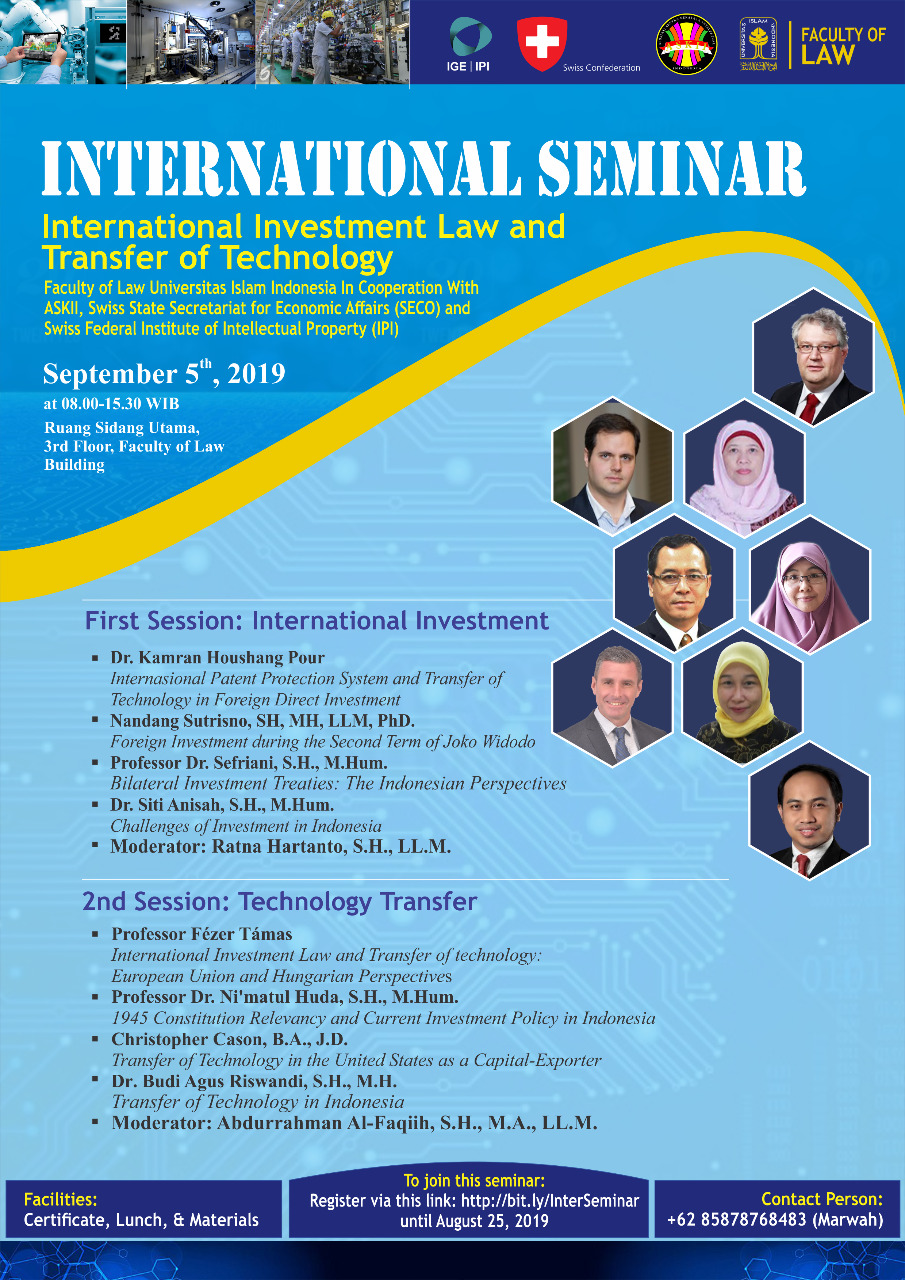

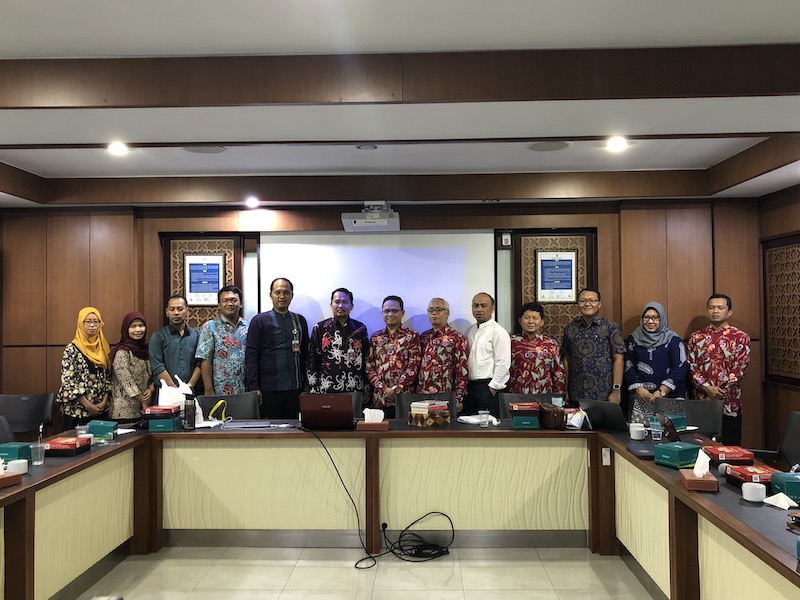
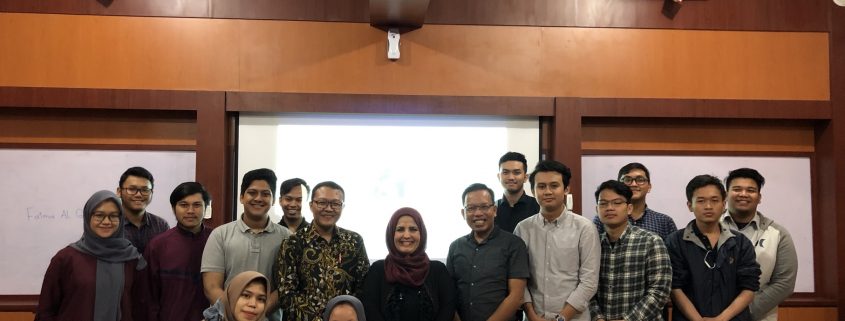
 People with disabilities (PwDs) and special needs have been disproportionately affected by the deterioration in living conditions in the Gaza Strip since March 2017. This situation is driven by a worsening energy crisis, which has resulted in outages of 18-20 hours a day, and an exacerbation of the salary crisis in the public sector, both of which are linked to an escalation in internal Palestinian divisions. The Palestinian Ministry of Social Development estimates that over 49,000 individuals in the Gaza Strip (or 2.4 per cent of the population) suffer from some type of disability, a third of them children. More than 1,100 of these people, including about 300 children, became disabled as a result of injuries incurred during the 2014 hostilities, including approximately 100 amputees.
People with disabilities (PwDs) and special needs have been disproportionately affected by the deterioration in living conditions in the Gaza Strip since March 2017. This situation is driven by a worsening energy crisis, which has resulted in outages of 18-20 hours a day, and an exacerbation of the salary crisis in the public sector, both of which are linked to an escalation in internal Palestinian divisions. The Palestinian Ministry of Social Development estimates that over 49,000 individuals in the Gaza Strip (or 2.4 per cent of the population) suffer from some type of disability, a third of them children. More than 1,100 of these people, including about 300 children, became disabled as a result of injuries incurred during the 2014 hostilities, including approximately 100 amputees.